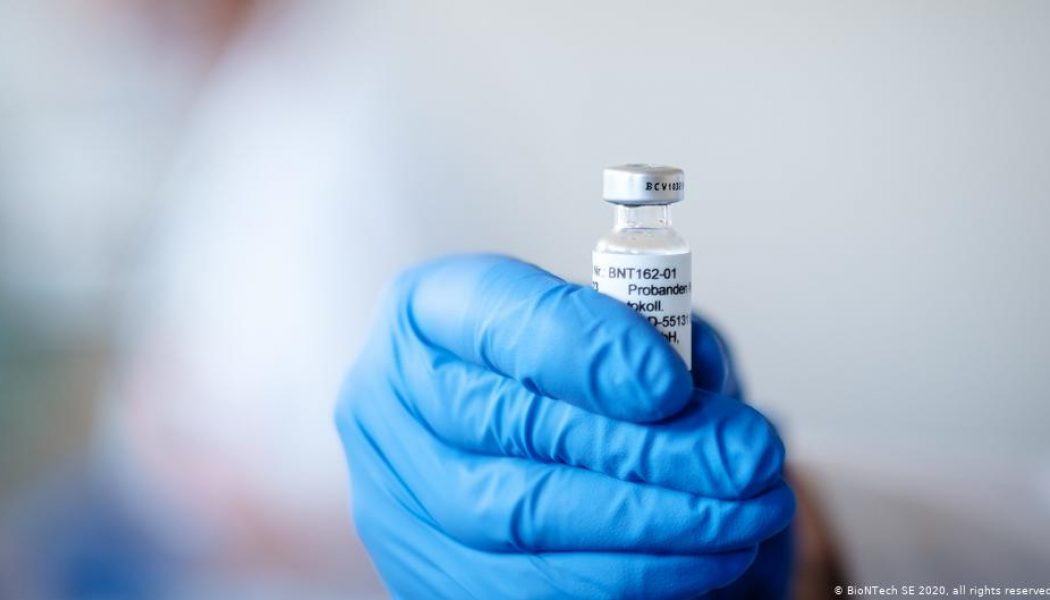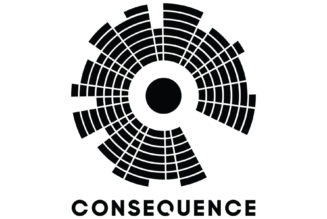A lab study by Pfizer and BioNTech has shown that its COVID-19 vaccine has proven ‘less effective’ against the South African variant by producing “lower levels of neutralizing antibodies”.
According to Bloomberg, the results are “part of tests of its vaccine against a lab-created virus that had all the mutations found in the South African variant, which is thought to spread faster than earlier versions”.
“The mutant virus has become a stumbling block for vaccine campaigns, with South Africa halting the rollout of AstraZeneca Plc’s shot after a study showed it didn’t work as well in preventing mild illness involving the variant first identified there”.
The AstraZeneca COVID-19 vaccine – of which South Africa has received one million doses – has proven ‘minimally effective’ against the South African variant, according to the Wits Vaccines and Infectious Diseases Analytics (VIDA) research unit.
/* custom css */
.tdi_3_2d2.td-a-rec-img{ text-align: left; }.tdi_3_2d2.td-a-rec-img img{ margin: 0 auto 0 0; }
In an official report, researchers from South Africa and the UK found that “viral neutralisation by sera induced by the ChAdOx1 nCoV-19 coronavirus vaccine against the B.1.351 coronavirus variant were substantially reduced when compared with the ‘original’ strain of the coronavirus”.
Professor of Vaccinology at the University of Oxford, Sarah Gilbert revealed that efforts are already underway to develop a new generation of vaccines that could offer protection from emerging variants as booster jabs.
“We are working with AstraZeneca to optimise the pipeline required for a strain change should one become necessary. This is the same issue that is faced by all of the vaccine developers, and we will continue to monitor the emergence of new variants that arise in readiness for a future strain change.”
/* custom css */
.tdi_4_bee.td-a-rec-img{ text-align: left; }.tdi_4_bee.td-a-rec-img img{ margin: 0 auto 0 0; }











